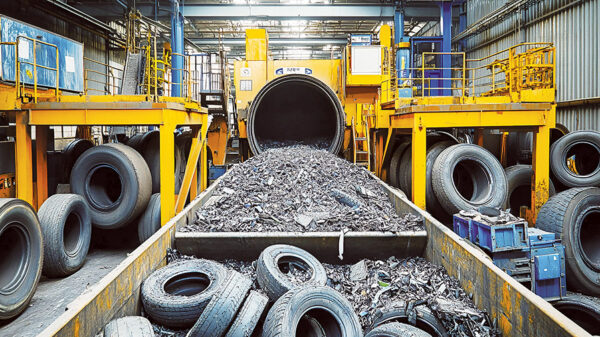The recycled materials industry is supporting the Global Steel Climate Council’s (GSCC) newly released Steel Climate Standard as the global standard to measure and report steel carbon emissions. ISRI (Institute of Scrap Recycling Industries) said the standard offers a single protocol that could apply to all steel producers equally and would enable steel customers to know and compare the actual carbon emissions associated with steel products, regardless of how they were made. The standard focuses on reducing greenhouse gas emissions (GHGs) from steel making with a science-based approach needed to meet goals outlined in the Paris Climate Agreement.
“The use of recycled products is key to decarbonizing steel production and manufacturing supply chains around the globe. The recycled materials industry provides high-quality, low-carbon steel to the global supply chain,” said ISRI President Robin Wiener. “The GSCC Steel Climate Standard is the right approach to leveling the playing field among steel producers, while also recognizing the key role that recycled steel plays to meet decarbonization goals in the decades ahead.”
The U.S. is a global leader in the production of low carbon steel, with more than 70 percent of new steel produced using energy efficient and lower-emission electric arc furnaces (EAFs). EAF steelmaking is a clean, innovative and energy efficient process that allows steelmakers to produce high quality steel from 100 percent recycled material.
ISRI also noted that alternative steel standards that claim to be “green,” like the Responsible Steel International Standard 2.0, actually is not because it allows high-carbon emissions to be prioritized over low-carbon steel such as that using recycled material.







